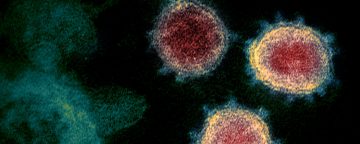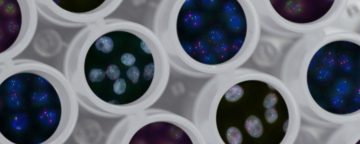People who trust science are more likely to believe and disseminate false claims using scientific references - pseudoscience - than people who don't trust science, a study finds.


People who trust science are more likely to believe and disseminate false claims using scientific references - pseudoscience - than people who don't trust science, a study finds.

The top U.S. health agencies retain the trust of the vast majority of the American public, as does Dr. Anthony Fauci, the public face of U.S. efforts to combat the virus, according to a new APPC survey.

APPC Director Kathleen Hall Jamieson has been named to a new National Academy of Sciences' council that will explore challenges "to the integrity and health of the research enterprise."

News stories about scientific failures that do not recognize the self-correcting nature of science can damage public perceptions of trust and confidence in scientific work, a study finds.

In the New England Journal of Medicine, science communication researchers from APPC and Critica propose to treat the Covid-19 “infodemic” with the methods used to halt epidemics.

A new Annenberg Science Knowledge (ASK) survey shows that three in four people say Covid-19 vaccines are effective, and safer than getting Covid-19. Another 15% are not sure, and may be persuadable.

COVID-19 conspiracy beliefs increased in the early months of the pandemic among heavy users of conservative and social media, APPC research shows.

News coverage of expert scientific evidence about vaccine safety increases public acceptance of vaccines, but the effect is diminished when that message is juxtaposed with a narrative about real side effects.